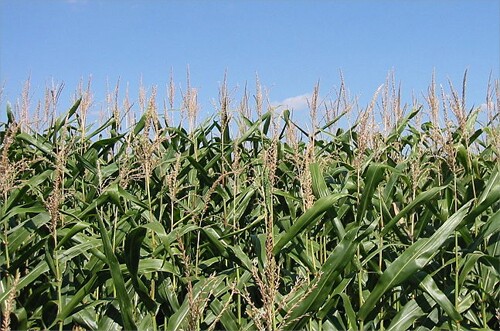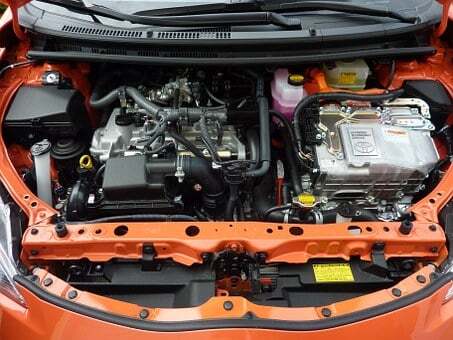The Russian invasion of Ukraine has not only sent oil prices soaring, it is disrupting the supply chains for a wide range of commodities.
In a recent webinar, a panel of economists from Moody’s Analytics focused on the global economic effects of the war, specifically on certain commodities that are produced predominantly in Russia and Ukraine.
The two countries provide much of the world’s wheat, corn and soy; as well as nickel, used in making batteries; and neon, a gas used to make computer chips.
“Neon is used for lasers, which are critical in the chip manufacturing process,” said Mark Zandi, chief economist and managing director of Moody’s Analytics.
When asked whether the surge in oil prices might hasten the move toward alternative energy sources, Gaurav Ganguly, senior director and head of EMEA economics, said countries may not be that nimble.
“In the short term, there’s very much a scramble for energy security,” he said. “We are locked into certain technologies and it’s not so easy to get out of them.”
Scroll down to see what Mark Zandi had to say about these commodities.











